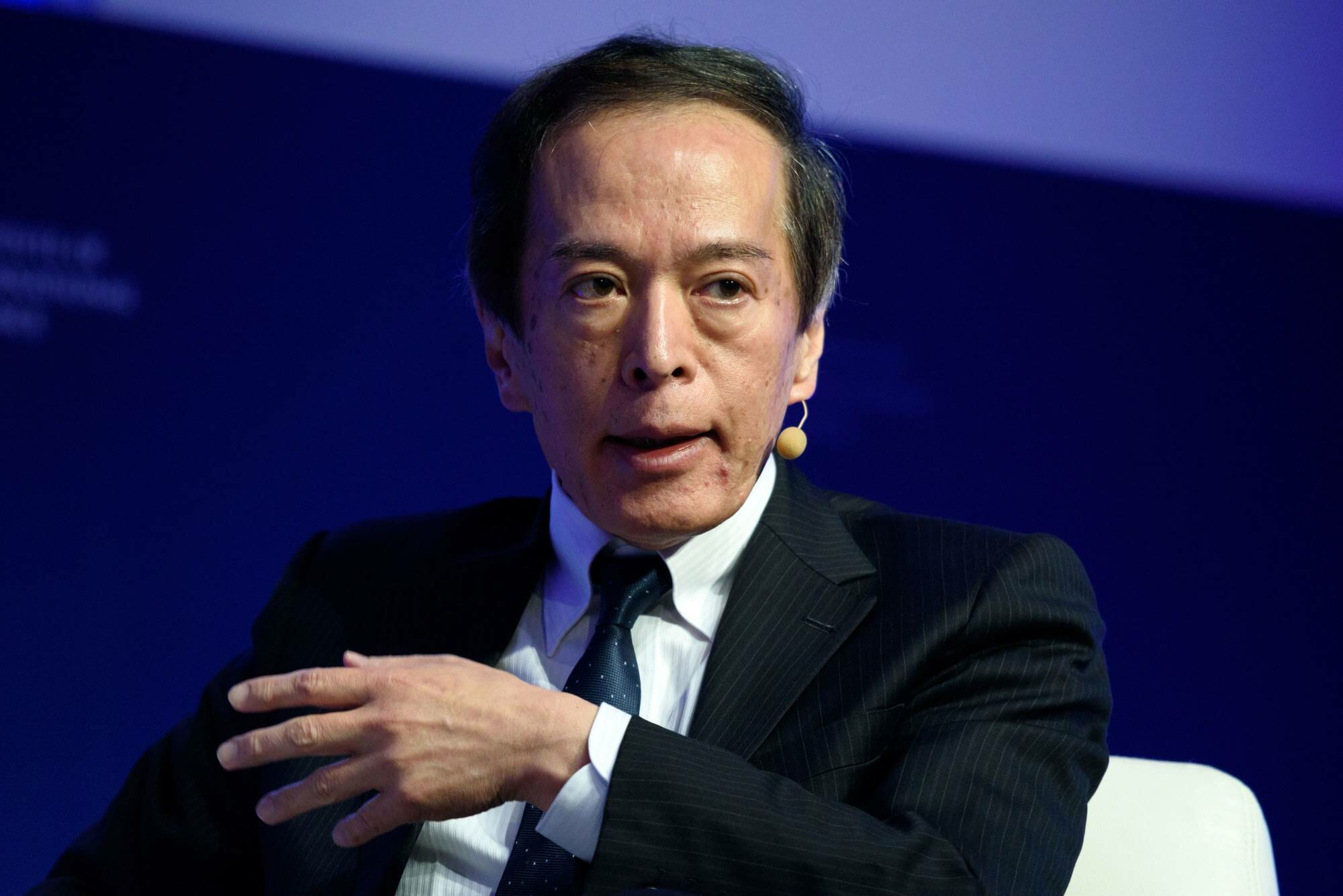BOJ’s Ueda Signals Rising Wages Amid Tightening Labor Market
By
Leah Rosenfeld
Last updated:
August 25, 2025
First Published:
August 25, 2025

Photo: BusinessToday Malaysia
Bank of Japan Governor Kazuo Ueda highlighted a broadening surge in wages across Japan, noting that the tightening labor market is driving pay increases not only in large corporations but also in small and medium-sized enterprises. His remarks signal growing confidence that conditions for another interest rate hike may be forming, reinforcing market expectations for tighter monetary policy later this year.
Wages Gain Momentum
Speaking at a panel during the Federal Reserve’s annual conference in Jackson Hole, Wyoming, Ueda noted that Japan’s long-standing deflationary pressures had kept wages stagnant for decades. However, recent labor shortages and global inflationary shocks from the COVID-19 pandemic are now exerting upward pressure on pay.
“Wage growth is spreading from large enterprises to small and medium enterprises,” Ueda said. He emphasized that, barring major negative demand shocks, the labor market is likely to remain tight and continue supporting wage increases.
Japan has now seen three consecutive years of above-average wage growth during annual spring negotiations between companies and unions. Younger workers, in particular, are increasingly moving between jobs to secure higher pay, compelling companies to compete for talent.
Labor Market Dynamics
Demographic shifts that began in the 1980s are now causing acute labor shortages, Ueda explained. These shortages are producing persistent upward pressure on wages and prompting structural adjustments in the economy, including:
- Higher labor participation rates
- Increased worker mobility
- Capital-labor substitution
Ueda stressed that these developments will influence the interaction between wages, labor conditions, and prices, requiring the BOJ to carefully monitor evolving supply-side trends as it sets monetary policy.
Monetary Policy Outlook
After exiting a decade-long stimulus program last year, the BOJ raised its key interest rate to 0.5% in January, anticipating durable achievement of its 2% inflation target. The bank kept rates steady in July but raised its inflation forecasts, maintaining market expectations for a potential rate hike later in 2025.
While headline inflation has exceeded the BOJ’s target for over three years, underlying inflation—price growth driven by domestic demand—remains below 2%. Nonetheless, persistent wage growth and high food inflation have raised concerns among some BOJ board members about second-round price effects, which could justify additional tightening.
A Reuters poll in August found that nearly two-thirds of economists expect the BOJ to raise its key interest rate by at least 25 basis points later this year, up from just over half a month ago, reflecting heightened expectations for monetary tightening amid ongoing labor pressures.
Implications for Japan’s Economy
The combination of rising wages, tighter labor supply, and targeted monetary adjustments suggests a shift in Japan’s economic dynamics. Companies may face higher wage bills, while households could benefit from stronger income growth. The BOJ will need to balance these forces to sustain inflation targets without derailing economic growth, marking a delicate phase for policymakers.
Popular articles
Subscribe to unlock premium content
How Blue Bottle Coffee Became a $700M Specialty Coffee Icon

Gordon Moore: The Man Behind Moore’s Law and the Tech Revolution

How Shein Became a Fast Fashion Powerhouse Without Traditional Advertising

How Blue Bottle Coffee Became a $700M Specialty Coffee Icon

Gordon Moore: The Man Behind Moore’s Law and the Tech Revolution

How Blue Bottle Coffee Became a $700M Specialty Coffee Icon









